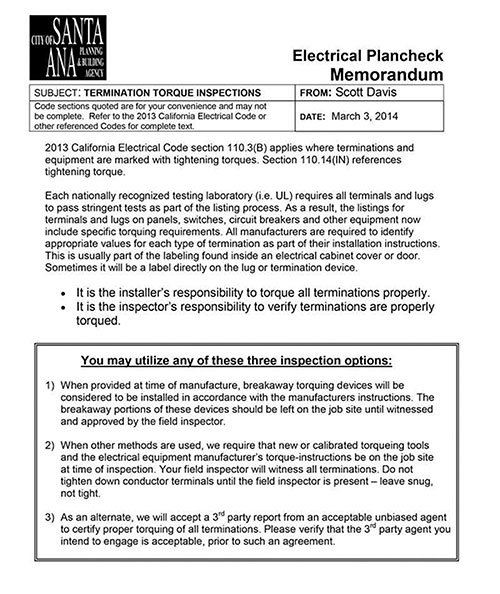Is there a standard procedure to be followed when inspecting a terminal torque? More often than not, the hardware is torqued and when a wrench is applied it indicates that the hardware is at or above the specified value. There is also an approach whereby the hardware is tightended under the specified value and the test sets the correct torque.
It’s reasonable to assume that there is written instruction on the subject that can be referred to. So be a Peach and send me in the right direction. She was always willing to set me straight.
It’s reasonable to assume that there is written instruction on the subject that can be referred to. So be a Peach and send me in the right direction. She was always willing to set me straight.
Last edited:

